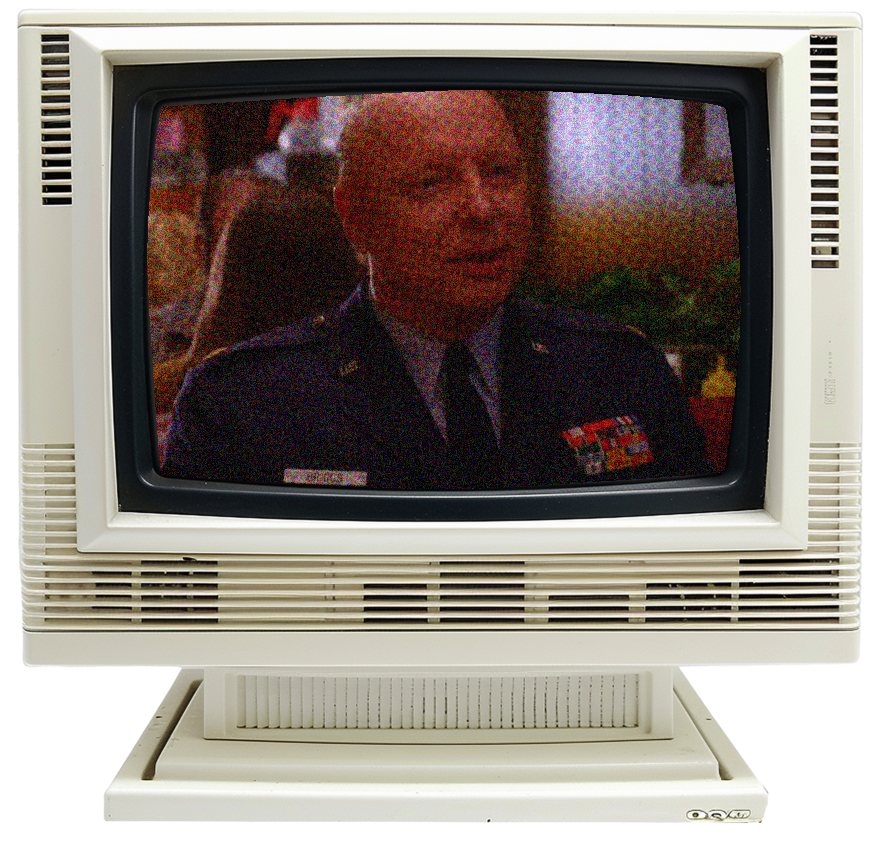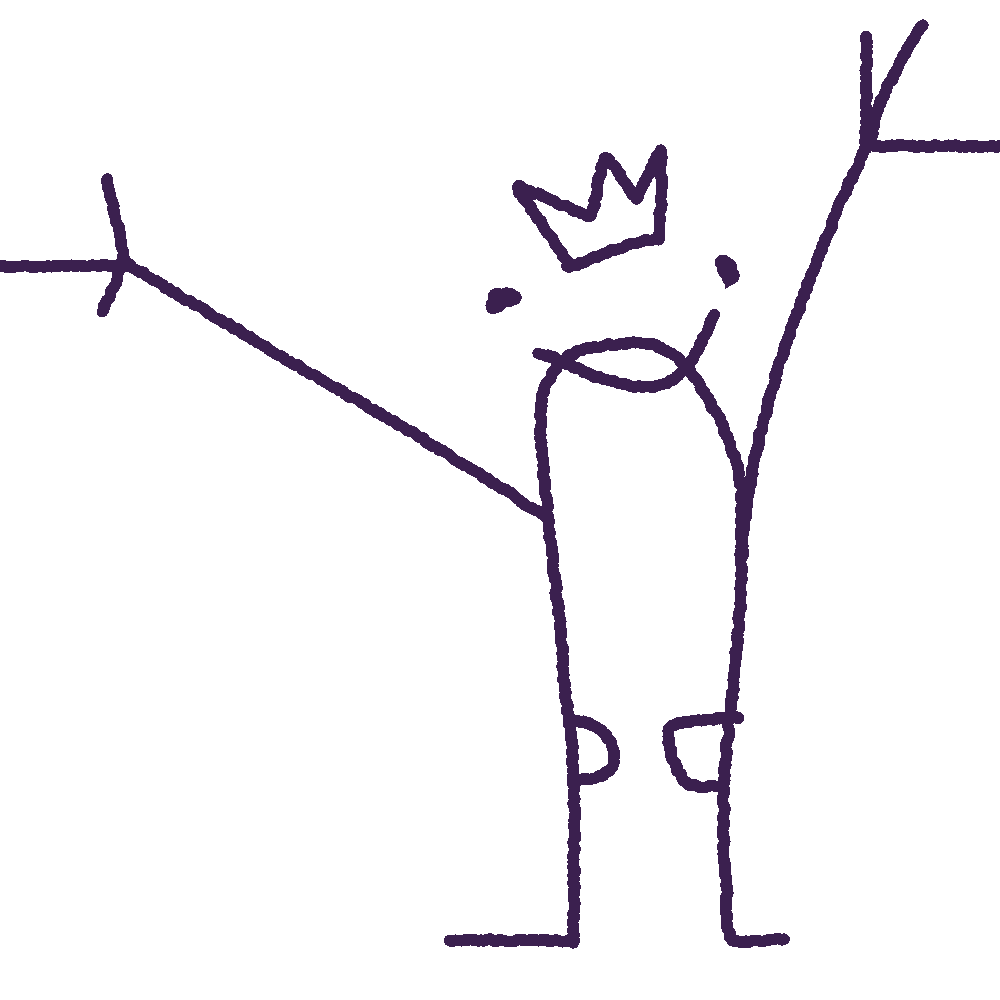
Adults vs. Children
I remember sitting in a crowded lecture hall. My professor — a man with completely bald head and a knack for making the ordinary profound — posed a question that has lingered with me ever since. “What is the difference between adults and children?” he asked, his voice curling around the syllables like a gentle coaxing. There was silence at first, as if we all knew the answer but were afraid to say something so obvious. Then someone ventured, “Responsibility?” Another added, “Experience?” The professor nodded but didn’t seem satisfied. Instead, he leaned against his desk and said, “The difference is this: Adults are ready to save children, and children, sometimes, need to be saved.”
It wasn’t what I expected. It wasn’t about paying bills or knowing how to change a flat tire. It wasn’t about cynicism or wisdom or the weary march of time. It was simpler and far more profound. His words echoed with a quiet truth that I didn’t fully understand until years later, when I found myself standing at the edge of adulthood, feeling simultaneously unprepared and called to act.
There’s something uniquely tender about the way children navigate the world — with their wide-eyed wonder, their unshakable belief in the goodness of things, and their endless capacity for awe. They fall, they cry, they laugh, they try again. And while they may dream of being garbage trucks or detectives, they do not yet carry the weight of knowing. That’s where adults come in.
To be an adult, I’ve come to realize, is to hold out your hand when a child stumbles. To be the safety net they don’t yet know they’ll need. It’s to recognize that the world can be unpredictable and unfair and still choose to shield someone smaller from its sharp edges. It’s to carry the kind of hope that isn’t naive but deliberate. The kind that says, “I will make this better because I can.”
And yet, it isn’t just about literal children. Sometimes, the child we’re saving is the one we used to be—that small, unguarded version of ourselves who dreamed without limits and loved without caution. Sometimes, it’s about seeing those same vulnerabilities in others, no matter their age, and choosing to be the adult they need.
My professor didn’t just give me an answer that day; he gave me a lens through which to see the world. He reminded me that being an adult isn’t about leaving childhood behind but about carrying its lessons forward. It’s about knowing when to step in, when to offer comfort, and when to stand back and let someone find their own way. And maybe, just maybe, it’s also about never losing the capacity to believe in something as improbable and beautiful as a world where the adults are ready to save, and the children never stop dreaming.

